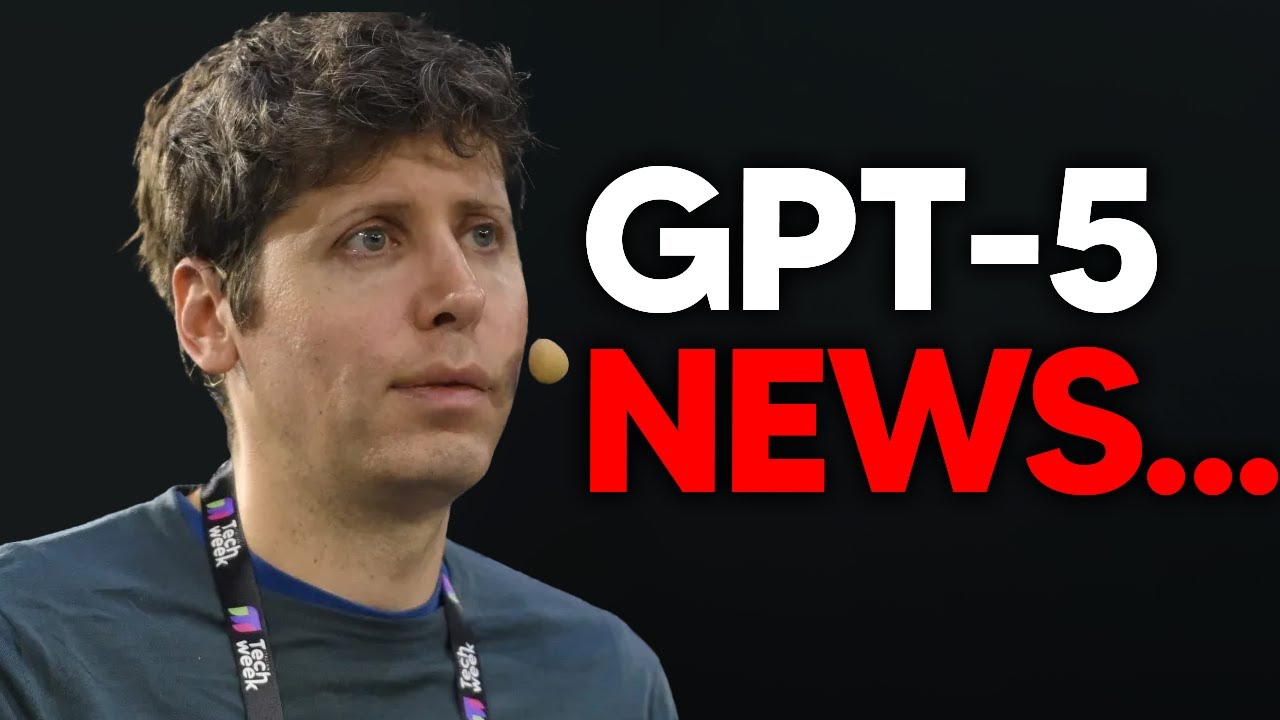The video discusses OpenAI’s upcoming model, Orion, which is expected to replace GPT-5 but may not show significant improvements over GPT-4, raising concerns about its cost-effectiveness and performance in certain tasks. It highlights a shift in focus from traditional scaling laws to “test time compute,” while also addressing challenges related to data quality and the potential for diminishing returns in AI advancements.
The video discusses OpenAI’s recent challenges in advancing their AI models, particularly focusing on the upcoming model, Orion, which is expected to replace GPT-5. According to reports, the improvements in Orion may not be as significant as anticipated compared to its predecessor, GPT-4. Some OpenAI employees have indicated that while Orion performs better in language tasks, it may not surpass previous models in areas like coding. This raises concerns about the cost-effectiveness of running Orion in data centers, as it could be more expensive without delivering substantial performance gains.
A central theme of the video is the debate surrounding the scaling laws in AI, which suggest that larger models trained on more data should continue to improve. However, the performance of Orion has led some in the AI community to question whether these scaling laws are beginning to plateau. The video highlights that while the traditional approach of simply increasing model size and training data may be yielding diminishing returns, OpenAI is shifting its focus to a new paradigm centered on “test time compute,” which emphasizes how models process and generate responses after training.
The video also touches on the internal tools OpenAI has developed for software engineering tasks, which reportedly perform well but may not be integrated into Orion. This raises questions about the disparity between internal models and those intended for public release. The speaker expresses optimism that even if Orion does not represent a dramatic leap forward, it could still unlock new use cases and improve efficiency in various applications.
Another point of discussion is the potential for a “data wall,” where the availability of high-quality training data becomes a limiting factor in model performance. The video explains that as the quality of data decreases, it becomes increasingly challenging to train models effectively. OpenAI has reportedly used AI-generated data from its existing models to train Orion, which could lead to issues of model collapse, where new models become too similar to their predecessors.
In conclusion, while some experts claim that AI progress is slowing, the speaker argues that advancements in AI are still ongoing, particularly with the development of the O1 series models. The video emphasizes that even if the GPT series experiences slower improvements, there are still numerous avenues for innovation and enhancement in AI technology. The overall narrative suggests that while Orion may not dramatically outperform GPT-4, the evolution of AI continues, driven by new paradigms and the efforts of multiple companies in the field.
